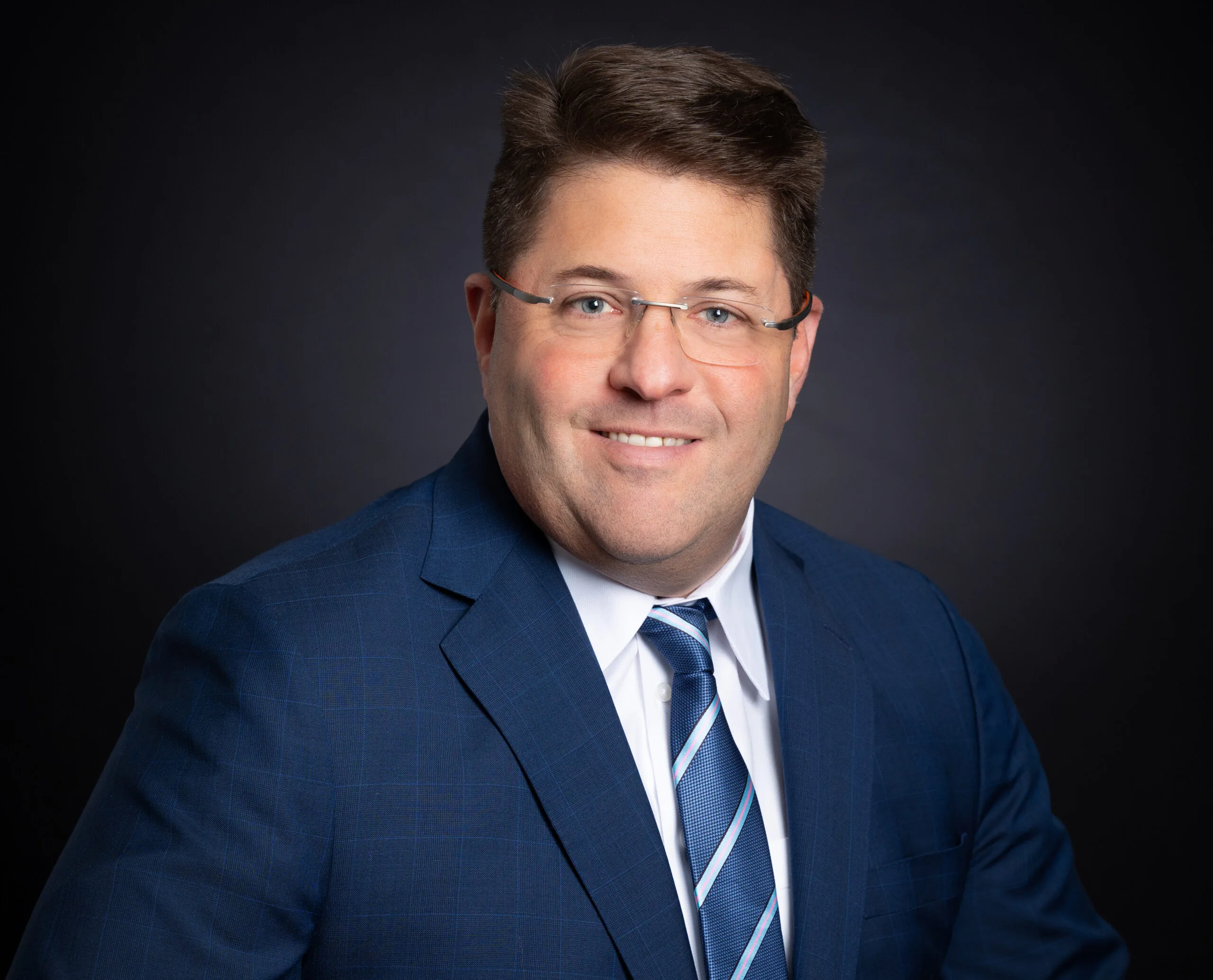
The probate process begins when a person dies, and the family delivers the person’s will to the probate court. The probate court appoints a personal representative who manages the estate. That person is legally responsible to the family and other interested parties for how they handle the estate. Once the personal representative distributes the estate assets, the probate process ends. However, that person must complete a specific legal process to end their liability for the estate.
If you’re wondering what happens after a probate is closed in New York, you need an attorney with experience in New York’s probate laws to help you. Since 2007, Andrew M. Lamkin has served as an elder law attorney in New York, focusing on estate planning and probate. Whether you are a beneficiary who needs to make a claim or a personal representative who needs help administering your loved one’s estate, the Law Office of Andrew M. Lamkin, P.C., can help. Contact us today.
What Is Probate?
Before a deceased person’s family can pay their loved one’s bills and collect inheritances, the person’s estate must go through probate. A person’s estate includes all the real and personal property that belonged to them at death. The probate court, called the Surrogate’s Court in New York, verifies the legality of the person’s will and oversees the estate distribution. The personal representative, who is usually named in the will, must present the will for probate and apply for permission to administer the estate. If a person dies without a will, a family member may apply to serve as the personal representative. When there is no will, the personal representative must distribute the estate according to New York’s intestate succession laws.
The Personal Representative’s Role
Once the court approves the appointment, the personal representative becomes a fiduciary of the estate. A fiduciary has a legal duty to act in the estate’s best interest and not put their own interests ahead of that duty. In addition to carrying out the will’s instructions, the fiduciary is responsible for the following:
- Collecting, inventorying, and appraising the estate assets;
- Paying the deceased’s bills, taxes, estate expenses, and creditors; and
- Transferring property according to the will or according to the law.
The fiduciary must send notice of probate to all creditors and beneficiaries. Creditors have, at most, seven months from the fiduciary’s appointment to make their claims. Once these seven months have elapsed and the fiduciary has completed their duties, they may close the estate.
Closing an Estate in NY
An estate can be closed in NY when the executor completes all duties, including paying expenses, taxes, and creditors. However, you will not find a process called “closing the estate” in New York law. Instead, a fiduciary can file a petition with the Surrogate’s Court to be released from liability for their actions in managing a person’s estate.
Release of Liability for Existing Actions: Judicial Settlement
How does an executor close an estate? Fiduciaries can petition the Surrogate’s Court to settle an estate. In a judicial settlement, the court confirms the fiduciary’s financial report and decisions. To receive approval, the fiduciary must send all interested parties a copy of the accounting they have prepared. Everyone has a chance to object to the settlement at the accounting hearing. After the hearing, the court will approve the fiduciary’s actions or order relief for an interested party. If it approves the accounting, the court may issue a decree allowing the fiduciary to distribute the estate’s assets to the beneficiaries. Even if the court approves, the fiduciary must petition for release from future liability.
Release of Future Liability: Decree Releasing and Discharging the Fiduciary
To request a release and discharge of fiduciary duties, the personal representative must file a petition with the Surrogate’s Court. The petition must show that the fiduciary has paid all required taxes, all known debts, and administration expenses. Also, the fiduciary must give all interested parties an accounting and a description of how they handled the estate. Before the court approves the release, each interested party must sign an acknowledgment. In the acknowledgment, they must confirm that the fiduciary paid their share or claim and agree to the release. After receiving these acknowledgments, the Surrogate’s Court may release the fiduciary from further liability to all parties.
What If I Don’t Close the Estate?
If you do not file a petition to release you from your fiduciary duties, you are personally liable for your actions in managing the estate. Without an official release, this responsibility follows you until your death. That means if you find any open accounts belonging to the deceased, you can recover those assets and distribute them as part of the estate. On the other hand, creditors or beneficiaries can petition the court to enforce their duties at any time. Anyone with reason to suspect wrongdoing on the part of the personal representative and who objects to how they handled the distribution may object. For example, if you do not file an accounting, an interested party can petition the court to require you to file one. If you do not distribute property according to the will or statute, a beneficiary or heir can petition the court to receive that property. You could find yourself subject to suit at any time if you do not close the estate by filing a request to release you from liability.
The Law Office of Andrew M. Lamkin, P.C., Can Help Your Family Navigate Probate
The loss of a loved one can make daily life difficult. Your family has to handle funeral arrangements and finalize your loved one’s affairs while grieving your loss. Our attorneys have been helping families with New York probate matters for more than 15 years. Everyone involved in a probate matter must be aware of their legal rights, from the personal representative to the beneficiaries.
If your family member names you as a personal representative in their will, it is essential to understand the responsibilities before you accept. A good personal representative understands the estate distribution process. They should also have a strategy to fulfill and then end their responsibilities. Beneficiaries should understand what steps the personal representative must take so that they can protect their share of the estate.
Regardless of your role, our attorneys will explain the probate process and walk you through your options to preserve your loved one’s legacy. Contact us today to schedule a free consultation.


